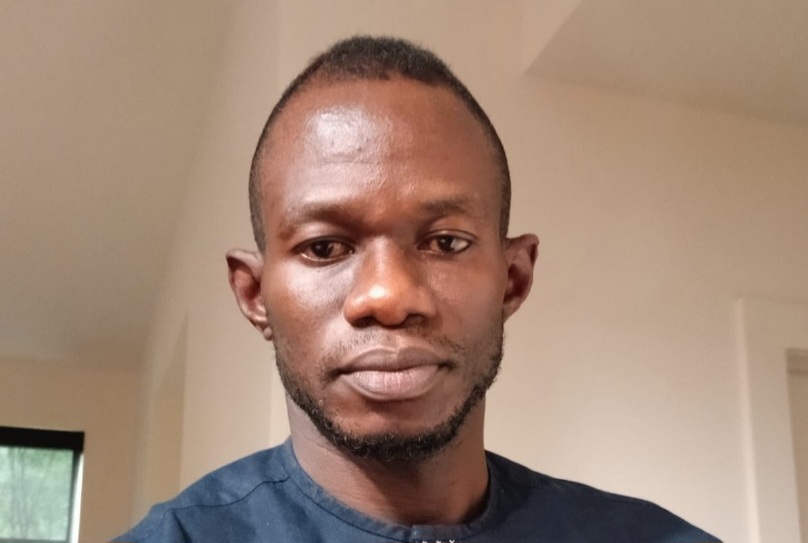 In an era where international development cooperation is crucial for sustainable growth, the impact of foreign aid on developing economies remains a subject of intense debate. Official Development Assistance (ODA) has long been hailed as a key driver for economic growth and poverty alleviation in many low-income countries. However, the question of how effectively ODA contributes to these objectives—especially in countries like Nigeria—requires a more nuanced exploration of its true effects.
In an era where international development cooperation is crucial for sustainable growth, the impact of foreign aid on developing economies remains a subject of intense debate. Official Development Assistance (ODA) has long been hailed as a key driver for economic growth and poverty alleviation in many low-income countries. However, the question of how effectively ODA contributes to these objectives—especially in countries like Nigeria—requires a more nuanced exploration of its true effects.
Moses Oyeyemi Agbede, a leading researcher in economics and development studies, has contributed significantly to this ongoing conversation with his comprehensive analysis titled “The Nexus between Foreign Aid, Poverty Level and Economic Growth: Evidence from Nigeria .” Agbede’s work critically examines foreign aid’s role in shaping developing countries’ economic trajectory, with a particular focus on Nigeria.
Agbede’s research highlights the mixed outcomes of ODA, noting that while aid has the potential to spur economic growth, its impact is highly contingent on the policies of recipient countries. Drawing from the work of previous scholars, Agbede argues that ODA can only drive positive outcomes in nations with strong fiscal, monetary, and trade policies, underscoring the importance of good governance and institutional quality in maximizing aid effectiveness. His study revisits the relationship between foreign aid and economic growth, contributing to the broader discourse by suggesting that while aid can lead to economic growth, it often fails to alleviate poverty in contexts where governance and policy frameworks are weak.
Agbede’s research offers invaluable insights into the paradox of persistent poverty despite substantial ODA flows in Nigeria. As one of the most populous countries in Africa and a major oil exporter, Nigeria remains plagued by extreme poverty, with over 86 million people living below the poverty line. Agbede’s work meticulously examines the socio-economic factors contributing to this persistent poverty, including corruption, weak institutions, and the mismanagement of resources. Despite receiving significant foreign aid, Nigeria’s poverty figures have remained stubbornly high, a situation that Agbede attributes to the country’s inability to effectively harness aid for long-term development.
Agbede’s study also tackles the complexities of poverty itself, noting its multi-dimensional nature. Poverty, as Agbede argues, cannot be understood merely in terms of income levels; it involves access to basic necessities like healthcare, education, and sanitation. By incorporating various poverty classification systems, Agbede provides a more comprehensive framework for understanding how ODA can be better targeted to address the root causes of poverty in Nigeria and similar countries.
The implications of Agbede’s research extend beyond Nigeria, offering valuable lessons for other developing nations that rely heavily on foreign aid. His findings suggest that ODA must be complemented by robust domestic policies that address corruption, institutional weaknesses, and governance failures. Agbede’s work provides an evidence-based roadmap for international policymakers and development agencies to rethink their approach to aid, ensuring that it supports not just short-term relief but also long-term, sustainable growth.
Agbede’s contributions to the field of development economics have far-reaching consequences for both academic research and global development strategies. His insights provide a critical resource for governments, international organizations, and NGOs, offering a blueprint for more effective foreign aid policies that prioritize good governance and sustainable development. By fostering greater understanding of the complexities surrounding foreign aid and poverty alleviation, Agbede is helping to shape the future of international development, ensuring that aid can be better aligned with the needs of recipient countries and more effectively contribute to global poverty reduction.
Through his pioneering research, Moses Oyeyemi Agbede is establishing himself as a thought leader in the field of development economics, influencing both academic thought and practical policy solutions that aim to make foreign aid a more effective tool for sustainable economic growth and poverty alleviation.






